No change in ‘strategic ambiguity’ on Taiwan: US president
US President Joe Biden has emphasized that the United States still abides by the policy of “strategic ambiguity” toward Taiwan.
Biden's comment on Tuesday about continued US “strategic ambiguity” on Taiwan came a day after he made waves by saying in no uncertain terms that the US would defend Taiwan in the event of a Chinese attack.
During a press conference on Monday, Biden had suggested that the United States was moving away from its decades-long foreign policy of “strategic ambiguity” through which the US avoids laying out a specific response were Taiwan to come under attack from China, which claims the self-governing island as its own territory.
A few days earlier, White House national security adviser Jake Sullivan had reiterated America’s Taiwan policy, which had not changed. He described US foreign policy regarding Taiwan as a result of “the one-China policy”; “the three joint communiqués”; “the Taiwan Relations Act”; and “the six assurances”. Such purposeful confusion is meant to keep a lid on a showdown by deterring Beijing by citing the possibility of Washington's military response. At the same time, it's aimed at depriving Taiwan of US guarantees that could encourage Taipei to push for official independence. The purpose is to stoke division, preserve the status quo, and maintain relations with both sides.
Read more:
China urges US to abide by 'One China' policy
US 'deserves its name as the biggest lie maker'
US to ramp up ties in Indo-Pacific amid tensions with China
Biden’s statement comes during his first presidential visit to the Asia-Pacific region to participate in a four-member group summit with the United States, Japan, Australia, and India, commonly known as the Quad.
Arriving from South Korea to Japan on Monday for the second leg of his Asia trip, Biden unveiled his long-awaited economic plan titled the Indo-Pacific Economic Framework for Prosperity (IPEF).
IPEF covers four areas, including trade; supply chains; clean energy and infrastructure; and tax and anti-corruption.
The US government aims to bind together 12 Indo-Pacific nations, i.e., South Korea, Australia, Brunei, India, Indonesia, Japan, Malaysia, New Zealand, the Philippines, Singapore, Thailand, and Vietnam. Asia's economic powerhouse, China, has not been included in the plan.
Heading to Japan to take part in the Quad summit, the newly-elected Aussie PM Anthony Albanese said the countries' leaders gather in Japan to show their support for "a free, open and resilient Indo-Pacific."
Analysts, however, see the US initiative as an attempt to reinforce its ties with regional allies, while countering China's growing clout.
"The Indo-Pacific strategy cooked up by the United States ... claims that it intends to 'change China's surrounding environment,' but its purpose is to contain China and make Asia-Pacific countries serve as 'pawns' of US hegemony," Chinese Foreign Minister Wang Yi said in early 2018 about the US-designed alliances in the Indo-Pacific region.
President underlines Leader’s oversight of nuclear negotiations; rules out ‘talks for talks’ sake’
VIDEO | Iran, Pakistan target $10 billion in bilateral trade by 2028
Tehran summons German envoy over Berlin’s anti-Iranian stances, measures
Iran warns about consequences of normalizing violations of intl. rules
VIDEO | Gaza’s Ramadan: 1.7mn displaced struggle between hope and pain of war
Israel’s West Bank land seizures signal 'alternative homeland' threat: Ex Jordanian official
Tarique Rahman sworn in as Bangladesh’s new prime minister
UAE removes online references to Hind al-Owais after Epstein email revelations


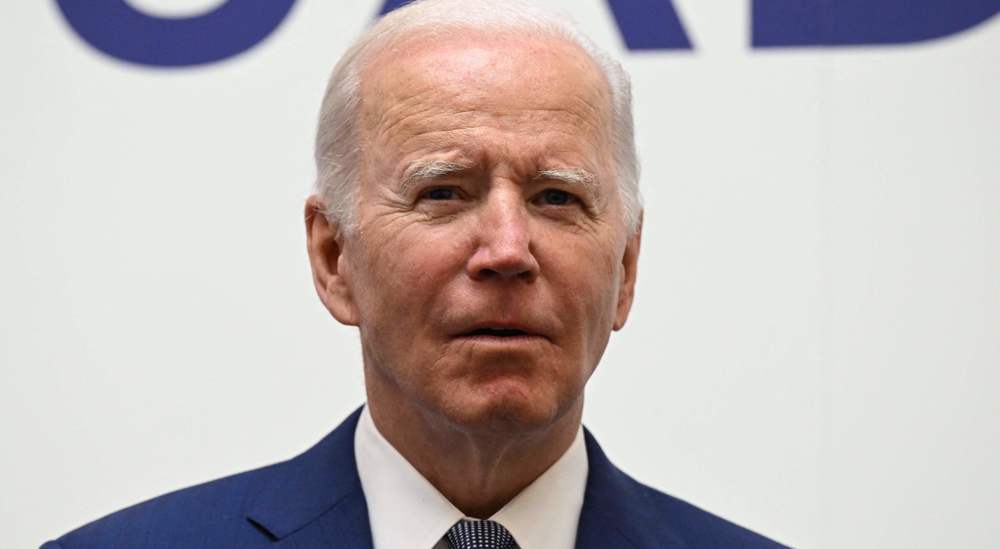
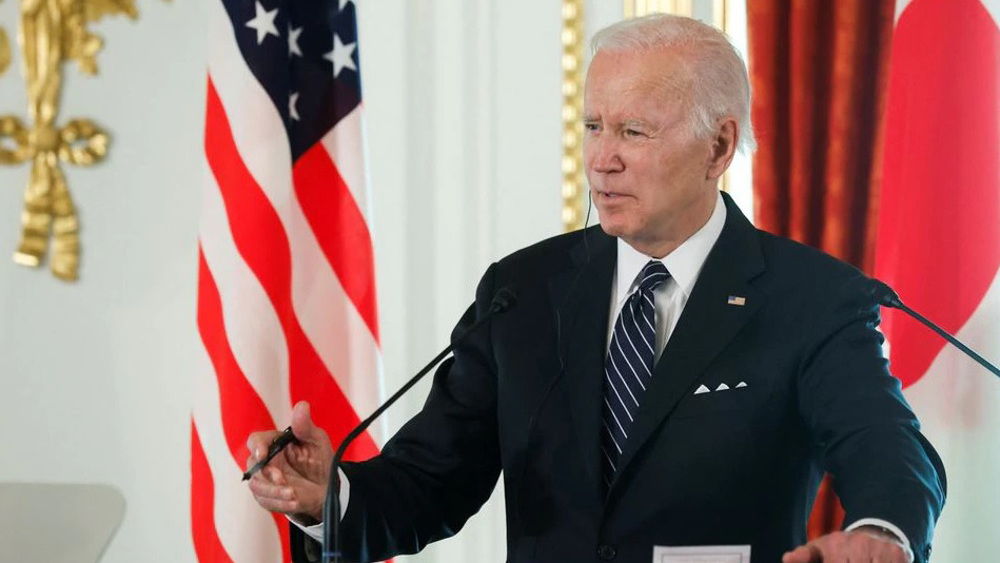
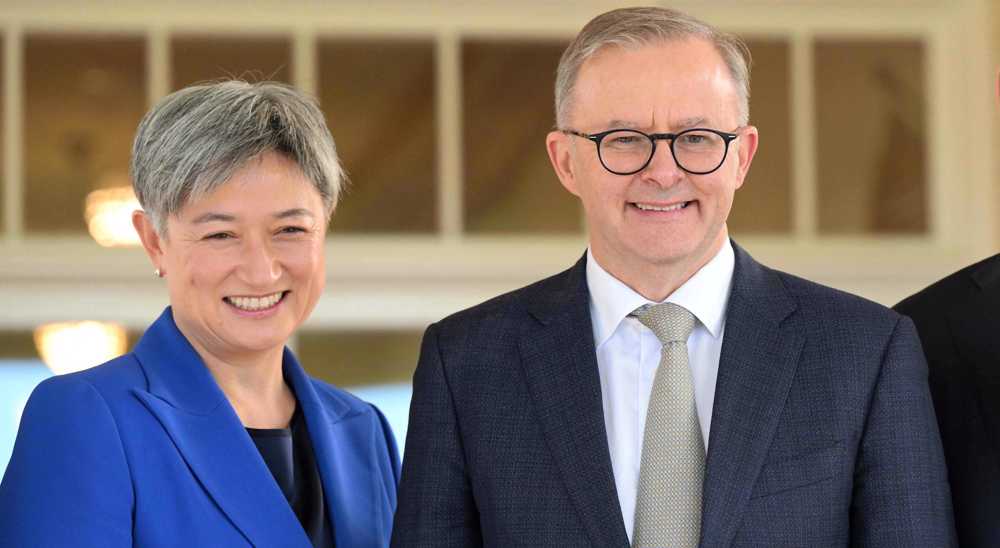


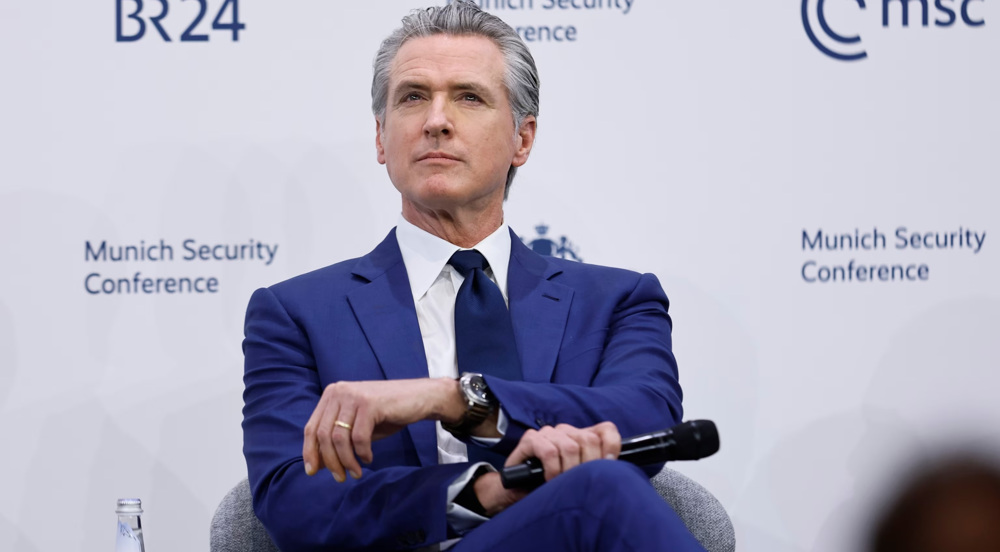



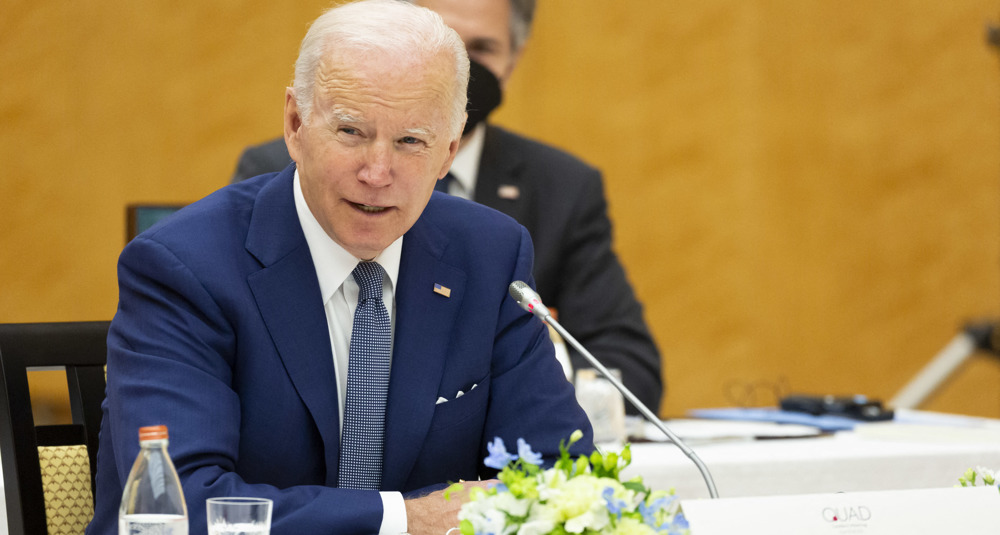
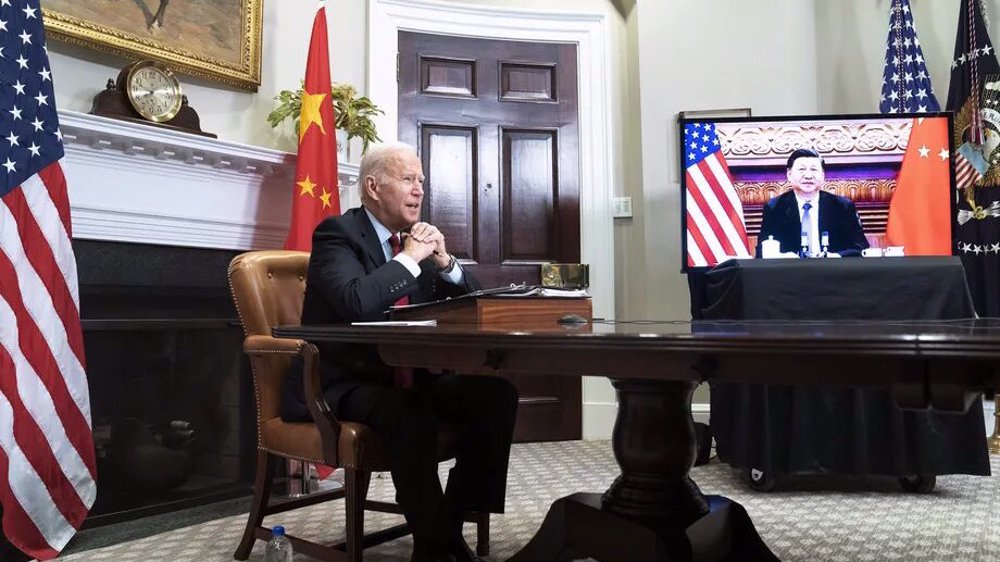

 This makes it easy to access the Press TV website
This makes it easy to access the Press TV website